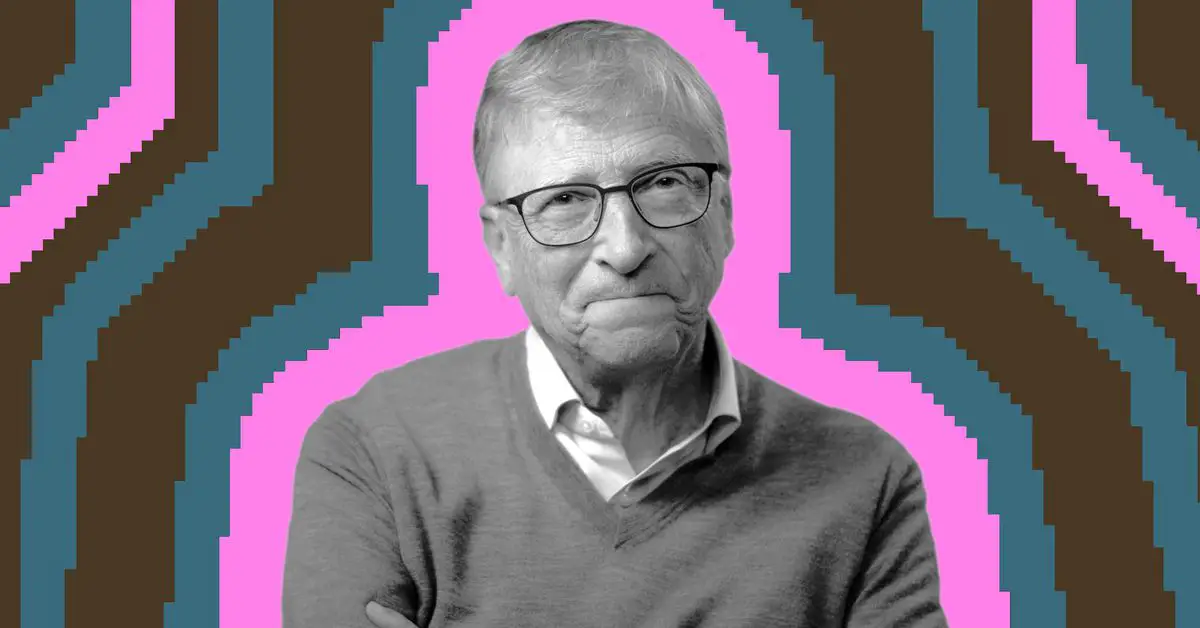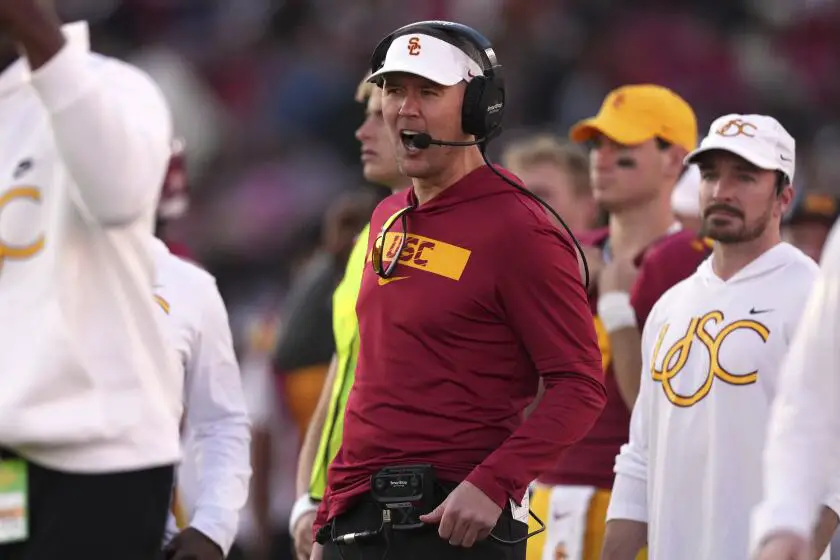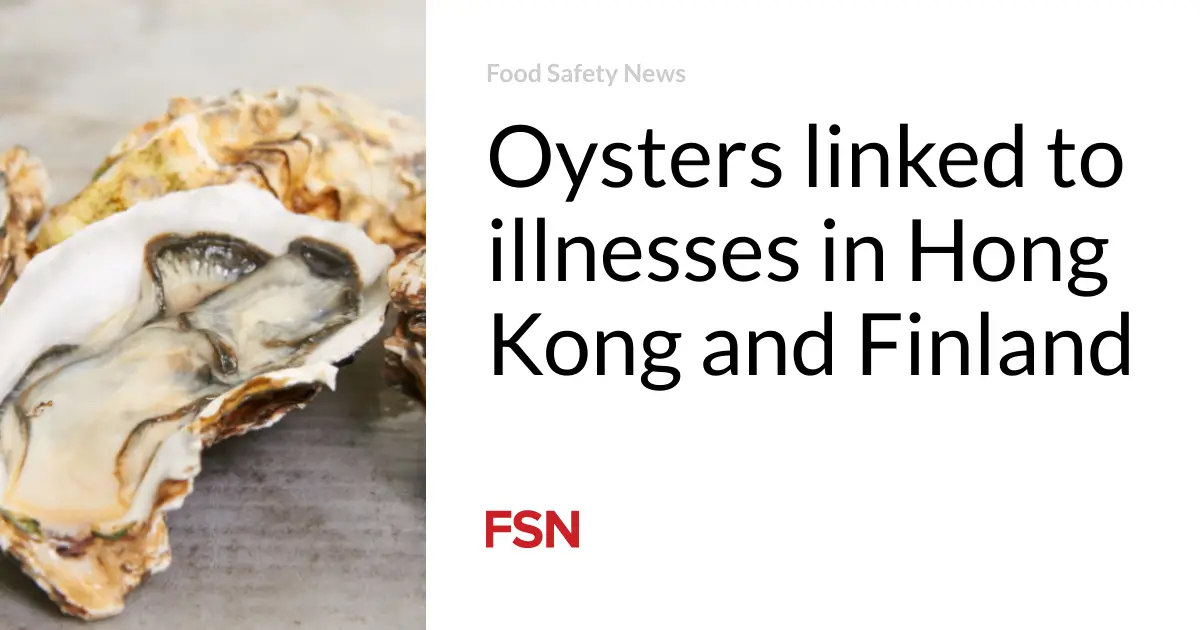
Bill Gates has spent billions funding technologies he thinks will shape the future — from fighting climate change to eradicating disease.
Gates gets into the thick of it all in a new Netflix series called “What’s Next? The Future with Bill Gates.” It launches on September 18th with episodes on AI, climate change, inequality, misinformation, and global health.
The Verge spoke with Gates to discuss what makes him so optimistic about the technologies covered in the series. And we couldn’t resist asking him about his days leading Microsoft, too.
This interview has been lightly edited for length and clarity.
In the first episode, you ask ChatGPT to recommend an exercise you can do in your office. Do you use ChatGPT in your day-to-day life, and if so, how?
Well, actually, not for exercise, although that was a good example where it gave quite a good answer.
“The amount of investment by Microsoft and others in the field, it’s hard to overstate.”
You know, I’m often learning about topics, and ChatGPT is an excellent way to get explanations for specific questions. I’m often writing things, and it’s a huge help in writing. I’d say the feature I use the most is the meeting summary, which is integrated into [Microsoft] Teams, which I use a lot. The ability to interact and not just get the summary, but ask questions about the meeting, is pretty fantastic.
Do you think Microsoft should expand its partnership with OpenAI or invest more in its own tech?
I’m an adviser to Microsoft. It’s strengthening the OpenAI relationship, doing a lot of its own. I mean, the amount of investment by Microsoft and others in the field, it’s hard to overstate.
And this comes up in this series — what about all the prophecies of doom? Are you worried about AI destroying the world?
Well, the near-term issues are more using it in a positive way, in areas like health and education. Even in the United States, we have shortages. The idea of the personal tutor, which I’ve been out in Newark to see Khanmigo [Khan Academy’s AI tool], which is based on ChatGPT. Seeing how great that is to help the teachers do their jobs, help the students who are behind or ahead stay engaged. So, for the next decade, we’ll be experiencing increased productivity in a lot of areas, which is overwhelmingly very good news.
As it gets more powerful, and you know, as bad guys are using it, there’ll be issues. But overall, I believe that it’s a beneficial thing, and we need to just shape it in the right way.
Disinformation, that’s something that researchers are also concerned about AI supercharging. Have you given any thought into how you would feel if generative AI tools that Microsoft has worked on have a significant impact on disinformation, on things like climate change and global health?
I think AI, on balance, is super beneficial to work on climate. People can type misinformation into a word processor. They don’t need AI, you know, to type out crazy things. And so I’m not sure that, other than creating deepfakes, AI really changes the balance there. In fact, I’d say that as people talk about reducing misinformation, the role of AI can be a positive role in terms of looking at what’s going on in a superefficient way.
Most of the problems in the series — like how we should think about AI, how we can get rid of malaria and improve global health, and various climate innovations — there’s things that I’m working on that are a big part of solving the problem. Misinformation is the one where I do think the younger generation is going to have to look at the tradeoffs between free speech and misinforming people.
Training AI uses a lot of energy. How do you square that with your ambitions on combating climate change, especially as Microsoft’s greenhouse gas emissions grow?
Microsoft and the other tech companies are very committed to finding clean energy sources, and so they’ll be pioneering customers, even for things like geothermal or fission or fusion, to help bootstrap that green energy generation. The actual increase from the AI data centers, even in the extreme view, would be well under 10 percent.
So, the net benefit we’re getting from AI helping us in our scientific discovery of, okay, how do you make steel? How do you make meat? What’s the weather going to be like? The AI benefits exceed the fact that that’s just another electricity load, but not a load nearly as big as electric cars or electric heat pumps or switching the industrial economy to use electricity instead of direct use of hydrocarbons.
You’ve funded technologies that some activists call “false solutions” to climate change because capturing carbon doesn’t get rid of fossil fuels or the other pollution they cause. And nuclear energy is kicking up a fight over uranium mining near Indigenous communities. How do you address those concerns with climate tech?
I’m a big believer that nuclear energy can help us solve the climate problem, which is very, very important. There are designs that, in terms of their safety or fuel use or how they handle waste, I think, minimize those problems.
This can become — although it’s not today — very inexpensive electricity, either using fission or fusion. So, we need to make sure we’re tasteful in how we do mining, how we store the waste. But we need those technologies.
You’re going to need non-weather-dependent sources that can be near to where the electricity loads are to complement an extreme build-out of renewables.
Fission, we can make it cheap. TerraPower is a company trying to show we can make a much safer, but much cheaper form of fission. [Editor’s note: Gates is founder and chairman of the Board of TerraPower.] And people are appropriately skeptical because it’s never been done. But they’ll get to see as we build that plant, and if so, it can make a contribution.
What about concerns about carbon capture? Fossil fuels create not just carbon dioxide emissions, but other pollution. How do you address those environmental justice concerns as well?
Well, coal, definitely, it’s great that in many countries, it’s been out-competed by natural gas. Because in terms of local pollution, natural gas burns very clean. And although it creates CO2 per unit of energy, it creates less. Over time, we’ll even have to get rid of natural gas, but it does not have those local pollution things. [Editor’s note: burning natural gas creates nitrogen dioxide, a smog-forming pollutant and respiratory irritant.]
Here in the US, people are not building new coal plants — they’re switching, and so the health benefits of getting rid of that local particulate are another reason to accelerate those transitions. That’s true all over the world, although they’re not as blessed with cheap natural gas as we are, which is why things like fission and fusion will play an important complementary role to renewables in large parts of the world.
I know a lot of advocates are also concerned about natural gas when it comes to methane leaks from gas infrastructure, and even leaks from gas appliances in the home, and what that means for indoor air quality.
Fusion is exciting. Experts that I’ve talked to who are also hopeful don’t think we’ll see it within the timelines needed in the Paris agreement. What makes you so optimistic about fusion being ready in time?
I’m invested in five fusion companies, which, although their timeframes are further out, I think the role of fusion over time will be very, very critical.
Given the challenge of scaling out both the existing and new technologies, we’ll certainly miss the 1.5 degree goal, and we’ll probably miss the two degree goal. And so we’ll have to be very innovative about adaptation as well, making sure that the health and nutrition and well-being of people, even in the poor countries near the equator, that we’re not letting that get worse.
Despite the fact we’ll have climate challenges over time, I don’t think we’ll have a climate disaster because we will be able to deploy these new technologies. But you know, we’re not going to avoid two degrees of warming, and so we’ll have to mix in some adaptation.
Is there anything you wish you’d done differently when you were running Microsoft?
Well, I learned all the time when I was running Microsoft. And on balance, I feel great about the company and the work that was done. I feel very lucky that my successors carried on the work so it’s still a great company today. A lot of the learning I do about AI to help in areas like global health and education comes from that engaging with Microsoft and talking to the top people there. So, you know, I really value the fact Satya gives me that opportunity.
There’s a lot of focus on antitrust right now, including breaking up tech giants. What would the tech landscape look like today if Microsoft had actually been split up in the early 2000s?
These antitrust suits, I don’t know what will come of them. When you get companies this successful, they ought to assume it’s going to happen. And of course, they can see what Microsoft did well, didn’t do well in their own journey through those challenges.
It’s hard to speculate on those things. I mean, whichever part of the company I went with would have thrived, I think.








